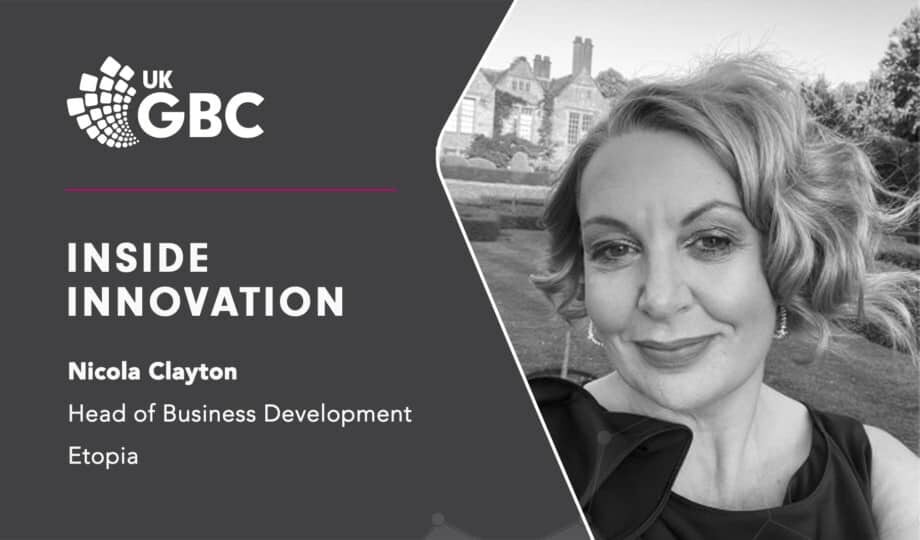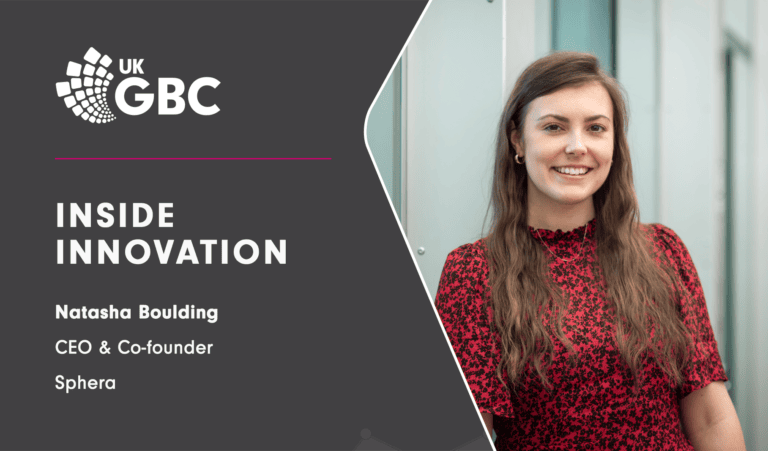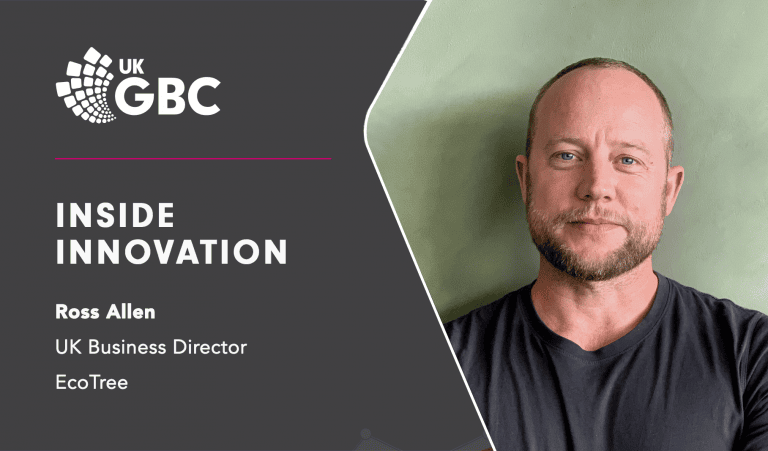Etopia

What is your elevator pitch?
At Etopia we deliver sustainable precision engineered superstructure building systems, enabling customers to build net zero ready homes. Our panels are high performing in terms of their U-values (0.14 W/m²K) and air tightness (0.32m3/hr/m2 @ 50Pa), which is better than the Future Homes Standard. Our system enables homes to be built quickly and more cost effectively and will result in homes with low fuel bills, helping with fuel poverty and reducing the amount of carbon used to keep them warm.
Compared to other MMC options, our system is flexible in terms of design – we can panelise any house design. The wall is 185mm across, so by the time you have your internal and external finishes it is a lot thinner than other systems of similar performance.
We work with customers to ensure they are maximising the benefits of the system, including M&E, solar panels, air source heat pumps etc. A lot of our customers haven’t built net zero before so need advice in turning our energy efficient building fabric into a net zero ready building that works for them for minimum cost. We noticed some customers didn’t want to use MVHR units due to noise or cost reasons, so with a consultant we worked out a way of meeting the regulations without having to use MVHR.
Our customers vary considerably. We work with housing associations and social housing providers who want to make use of the improved performance for their vulnerable customers as rising energy prices and fuel poverty are of great concern. We also work with developers who are luxury developers and find our system adds to their luxury brand, and whose main business goal is to maximise profit.
The current panel is made from cement-bonded particle boards on both sides which sandwich polyurethane foam insulation. A steel ring then goes around a panel and slots together through pieces of cement bonded particle board making the connection airtight. Compared to brick and block, while we look to get an EPD, we estimate this system to contain 30-40% less embodied carbon. The panels can also be taken down and reused.
Another benefit to our system is that homes will not need to be retrofitted in future to reach net zero as it can be achieved by using our system and an air source heat pump and / or PV panels, saving considerable costs in the long term.
How did your start-up get to where it is today?
Our founder Joseph Daniels started the company due to personal experience living in fuel poverty and substandard accommodation growing up. This gave him the understanding that how and where you live affects every aspect of your life. He is self-taught and had fantastic mentors such as the Reuben Brothers and the Fink family (also main funders of ours) to create Etopia. He has driven us to where we are today.
What does innovation mean to you?
For me, innovation needs a useful purpose and be easily accessible. Innovation should have a big impact on many people to be successful.
How hungry is the built environment for innovation?
It’s quite varied. Most housing providers have made high-level commitments to hitting net zero targets and reducing fuel poverty for their residents, including providing them with high quality energy efficient homes which is fantastic. So many of them are incredibly passionate about reducing carbon.
Many housing developers are reluctant to change because they don’t have to change yet. They are concerned that they will not recoup the slight uplift in costs and they want to maintain their profit margins. Transitioning to MMC is becoming customer-driven as customers are increasingly aware of the EPC ratings, how houses are heated and the costs associated with it. Meaning that customers are happy to pay more for the house they want, for a lifetime of lower heating bills. Many developers are realising that if they want to continue delivering homes at their current rate, they need to find new solutions and commit sooner rather than later.
What needs to change to help encourage more innovation?
Getting sign-offs on systems needs to be easier, as this is currently a hurdle in the way of innovation.
There is a clear driver to deliver more systems like ours that reduce energy bills but because they exceed building regulations, they are considered too expensive. If we are serious as a worldwide community about reducing carbon, we must insist that developers or businesses take any steps they can to reduce carbon.
The change in government has caused a lot of uncertainty around The Future Homes Standard. More certainty and understanding on what is going to happen would be useful for driving uptake in innovation.
Businesses will have to use MMC as soon as 2025 and the only way to get ahead of this is to grasp the nettles and go for it. Part of Etopia’s mission is to make the transition as easy as possible, working collaboratively with customers is key to reaching their objectives.
Also, we need to make it easier for people to take risks and incentivise the use of new systems.
What are the biggest challenges you have faced as a start-up?
The key challenge for me is whenever you talk to somebody they ask; ‘what have you done already?’. We have our project in Corby and are onsite in Wilburton which we point to, but it’s difficult to get a first case study as a start-up. It is also difficult to incentivise people to take the risk when they already have an established supply chain. People say “it costs too much”, but Etopia has a superior “future proof” product with incredibly high performance. It’s true, you get what you pay for!
It is worth noting, independent cost analyses done by potential customers have shown that using our system will be marginally more expensive but the associated benefits in terms of speed of delivery, quality, performance, and lower fuel bills make up for the slight increase.
What’s your advice for new innovators and start-ups in the built environment?
Reach out to as many people as you can to get support and learn from people’s experiences. The attitude towards our system has changed incredibly in the last two years and the customer driven aspect and environmental perspective is increasing. It’s important to utilise networks such as the Wates Innovation Network and the UKGBC to see what opportunities can arise. Don’t try to do it all yourself, maximise the support available.
What’s next for your company?
We have seen interest grow incredibly in the past few months. Our inclusion on frameworks including the Oxford Sustainable Development Framework, MMC Cat 2 with Building Better and securing NHBC Accepts proves to our customers that we can deliver.
We have our own R&D department which is currently working on improvements to the system based on customer feedback.
We’ve recently launched our new website and have some exciting updates around frameworks, customers and growth very shortly.Our aim is for Etopia to deliver hundreds if not thousands of homes by 2025. We are revolutionising sustainable building, without compromise.
Project Etopia is holding open days on 31st January and the 1st and 2nd February at Wilburton. Please get in touch with Nicola Clayton if you are interested in attending.
Related
Inside Innovation: Low Carbon Materials (LCM)

Ecotree

Grid2.0

Inside Innovation: R8 Technologies

